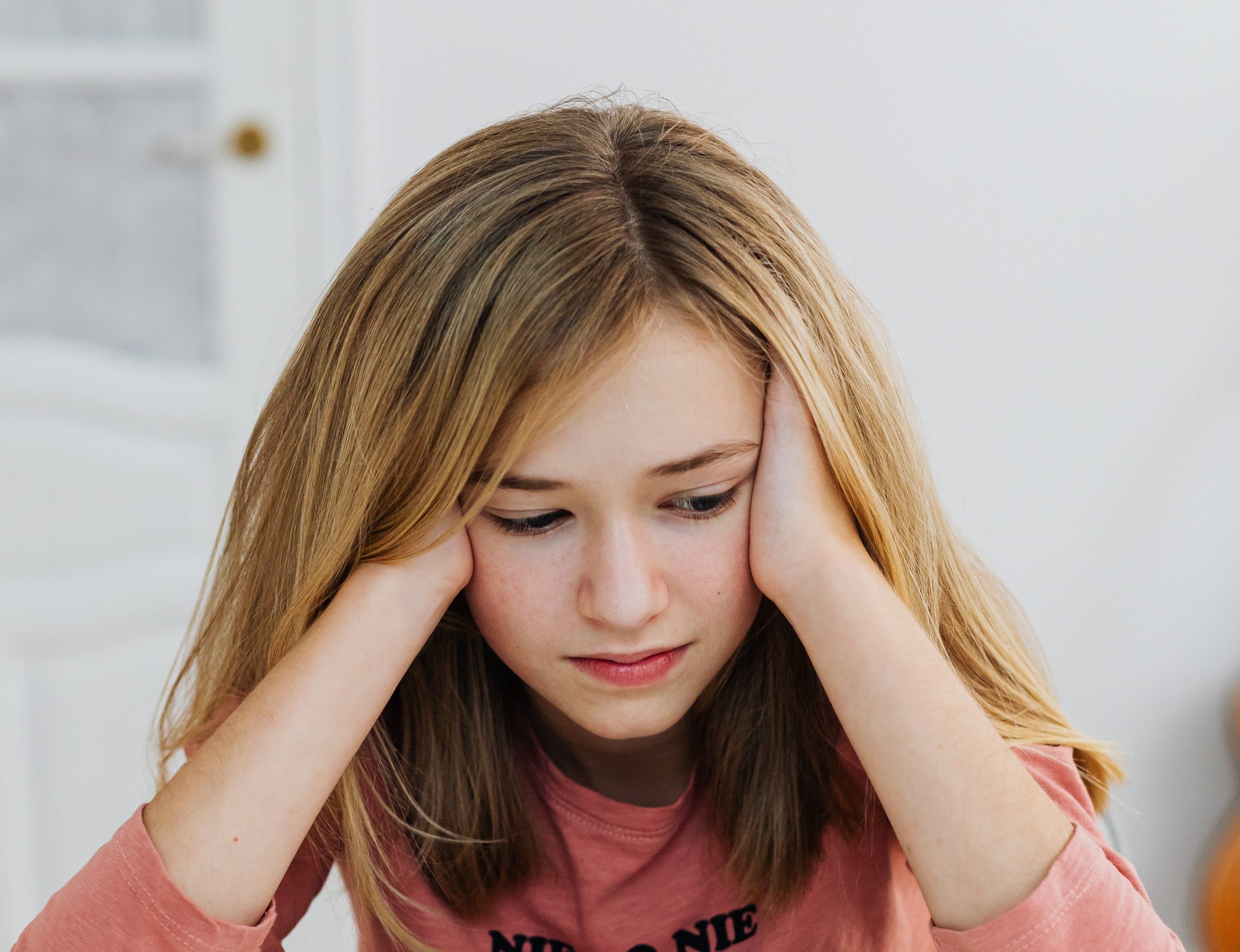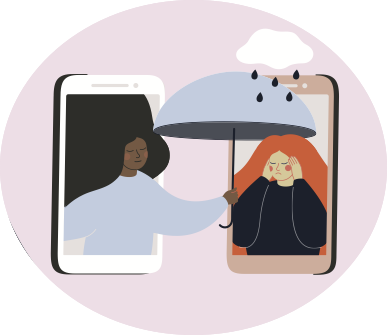Partly Hidden By Isolation, Many of the Nation’s Schoolchildren Struggle With Mental Health
 More than 10 months into the pandemic, mental health is a simmering crisis for many of the nation’s schoolchildren, partly hidden by isolation but increasingly evident in the distress of parents, the worries of counselors and an early body of research.
More than 10 months into the pandemic, mental health is a simmering crisis for many of the nation’s schoolchildren, partly hidden by isolation but increasingly evident in the distress of parents, the worries of counselors and an early body of research.
Holed up at home, students dwell in the glare of computer screens, missing friends and teachers. Some are failing classes. Some are depressed. Some are part of families reeling with lost jobs, gaps in child care or bills that can’t be paid. Some students care for, or grieve, relatives with covid-19, the disease caused by the coronavirus, which has claimed more than 400,000 lives in the United States.
Mental health problems account for a growing proportion of children’s visits to hospital emergency rooms, according to the Centers for Disease Control and Prevention. From March, when the pandemic was declared, to October, the figure was up 31 percent for those 12 to 17 years old and 24 percent for children ages 5 to 11 compared with the same period in 2019.
“Students are struggling across the board,” said Jennifer Rothman, senior manager for youth and young adult services at the nonprofit National Alliance on Mental Illness. “It’s the social isolation, the loneliness, the changes in their routines.” “Students who might never have had a symptom of a mental health condition before the pandemic now have symptoms,” Rothman said.
Students who are most vulnerable are often most affected — tending to have greater family disruption and economic hardship, less access to mental health services and fewer devices for connecting to school.
Experts point out that students can have very different experiences of isolating at home. Some are doing better academically — free from social anxieties, peer pressures and distractions, and getting more sleep. Some have bonded more with their families. But others are visibly struggling: kids who don’t get out of bed, who stop eating, who harm themselves or withdraw from families and friends. Kids who fail their courses or no longer want to plug in.
With so many students learning remotely, problems can be harder to spot. Often, teachers and counselors don’t see the faces of their students during Zoom sessions. Teenagers in particular don’t turn their laptop video cameras on — not wanting to show their homes in the background or feeling awkward about showing themselves.
Mental health problems were on the rise for young people before the pandemic. Last year saw many more high school students reporting persistent feelings of sadness or hopelessness than a decade ago, according to CDC data.
Looking for a cause, experts have explored the effects of home and school stresses, social media, cellphones, disconnection and lack of sleep. The pandemic has worsened existing mental health issues for some students, while bringing on new problems for others. For students of color, the pandemic has taken on another dimension because it hit harder in Black and Hispanic communities. And then George Floyd was killed, focusing the country’s attention on its history of systemic racism.
Some have reeled, too, over the Jan. 6 storming of the U.S. Capitol by pro-Trump extremists — and the differences in police response between the riot and the Black Lives Matter protests.
Since the pandemic, school districts and states have tried to beef up resources for young people in myriad ways — though nowhere do officials say what they are doing is enough.
Excerpted from “Partly Hidden By Isolation, Many of the Nation’s Schoolchildren Struggle With Mental Health” in The Washington Post. Read the full article online.
Source: The Washington Post | Partly Hidden By Isolation, Many of the Nation’s Schoolchildren Struggle With Mental Health, https://www.washingtonpost.com/local/education/student-mental-health-pandemic/2021/01/21/3d377bea-3f30-11eb-8db8-395dedaaa036_story.html | © 2021 The Washington Post
Do you need someone to talk to? Care Managers can arrange a free 30-minute Care Consultation so you can explore options with an expert. We invite you to call or email our Care Managers at 650.688.3625 or careteam@chconline.org to set up an initial Parent Consultation appointment. CHC teletherapy services are available now.





